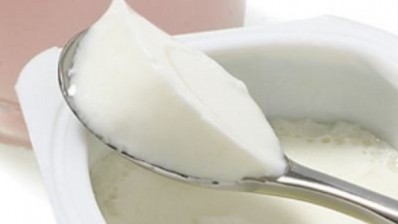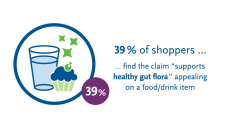EFSA health claim opinions
EFSA rejects yoghurt weight loss health claims

Two article 13.5 opinions delivered this week by EFSA’s Panel on Dietetic Products, Nutrition and Allergies (NDA) found, “no conclusions could be drawn” from the research material.
It noted 46 of 48 human intervention studies were performed on dairy products but not low-fat yoghurts, and two others that were conducted on low-fat yoghurts were discounted because they were not also low in sugar.
Spain’s national dairy group, the Federación Nacional de Industrias Lácteas (FeNIL), submitted both applications for, “fat-free yogurts and fermented milks complying with the specifications ‘fat free’, ‘low in sugars’, ‘high protein’, ‘source of calcium’ and ‘source of vitamin D’ for nutrition claims”.
One of the sought after claims was, “fat-free yogurts and fermented milks with live yogurt cultures, with added vitamin D, and with no added sugars, help to reduce body and visceral fat in the context of an energy restricted diet.”
FeNIL proposed two 125 g yoghurt servings per day would deliver these benefits but noted, “more dairy products (especially milk) and/or other foods with bioavailable calcium, should be consumed to fulfil the corresponding daily recommended amount for this important nutrient.”
This claim was backed by the 168 pieces of research. The NDA opinion is here.
The other submitted claim under the article 13.5 proprietary and emerging science route of the EU nutrition and health claims regulation (NHCR) was, “fat-free yogurts and fermented milks with live yoghurt cultures, with added vitamin D, and with no added sugars, help to maintain lean body mass (muscle and bone) in the context of an energy-restricted diet”.
Here there were 98 human publications including 32 intervention studies, eight observational studies, three meta-analyses of human intervention studies, seven reviews and 48 other studies (studies on bioavailability and mechanistic studies). There were also some animal and in vitro data as there was in the other application.
The same daily serving was proposed.
Again the NDA said the research was not pertinent to the claim on the same grounds as for the other submission. Much of the data was submitted in both. That opinion is here.
For both claims the target population were overweight or obese individuals following energy-restricted diets.
Both applications were submitted in February 2014.
























